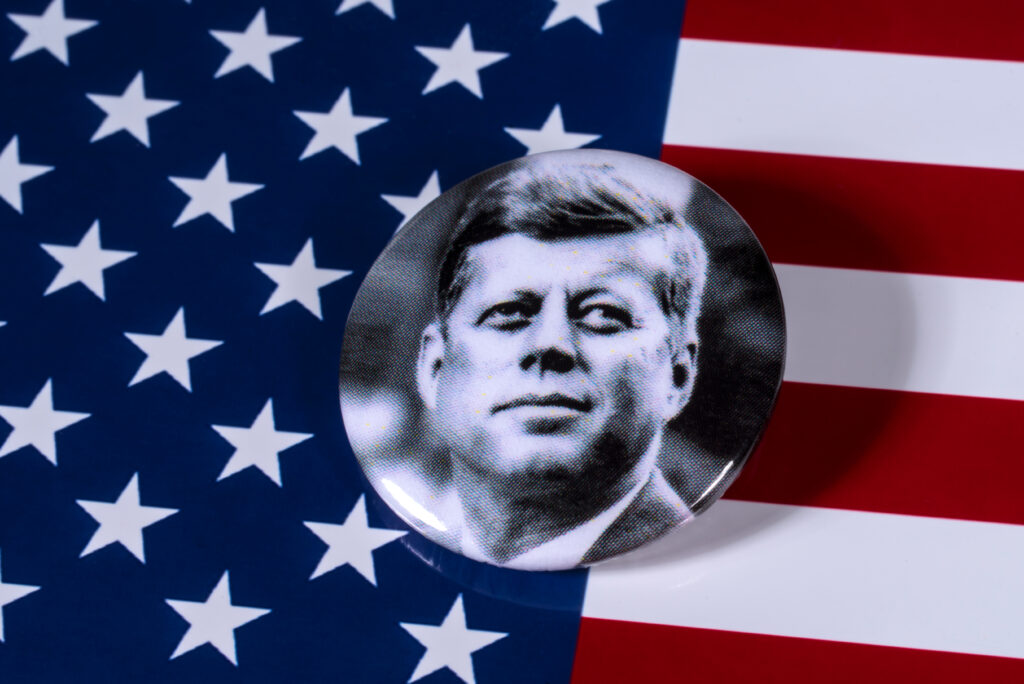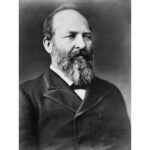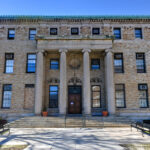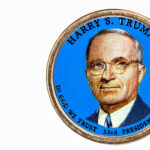John F. Kennedy, also known as JFK, was sworn in as the 35th President of the United States of America on January 20, 1961. He was the youngest man ever to be elected to the presidency, at the age of 43. Kennedy was also the first Catholic president in the history of the United States.
Kennedy’s presidency was marked by several significant events, both domestic and foreign. Domestically, he proposed a number of ambitious programs, including the Peace Corps, the Civil Rights Act, and the establishment of the Warren Commission to investigate the assassination of President Kennedy.
Kennedy’s presidency was cut short when he was assassinated on November 22, 1963, while riding in an open car in Dallas, Texas. His death was a shock to the nation and the world, and he is remembered as one of America’s most beloved presidents.
Kennedy’s legacy is complex, but he is often remembered for his charismatic leadership style and his efforts to promote civil rights and address the issues of poverty and inequality. His call to public service, “Ask not what your country can do for you, ask what you can do for your country” still resonates with many people today.
Overall, JFK’s presidency was brief but impactful and he is remembered as one of the most iconic and charismatic Presidents of the United States, who inspired many people to become politically active and strive for a better future for all. His death was a tragedy and his legacy continues to inspire generations to come.
References:
https://www.jfklibrary.org/learn/about-jfk/historic-speeches/inaugural-address
https://www.archives.gov/milestone-documents/president-john-f-kennedys-inaugural-address
https://www.jfklibrary.org/learn/about-jfk/jfk-in-history/peace-corps
https://www.jfklibrary.org/learn/about-jfk/jfk-in-history/november-22-1963-death-of-the-president




